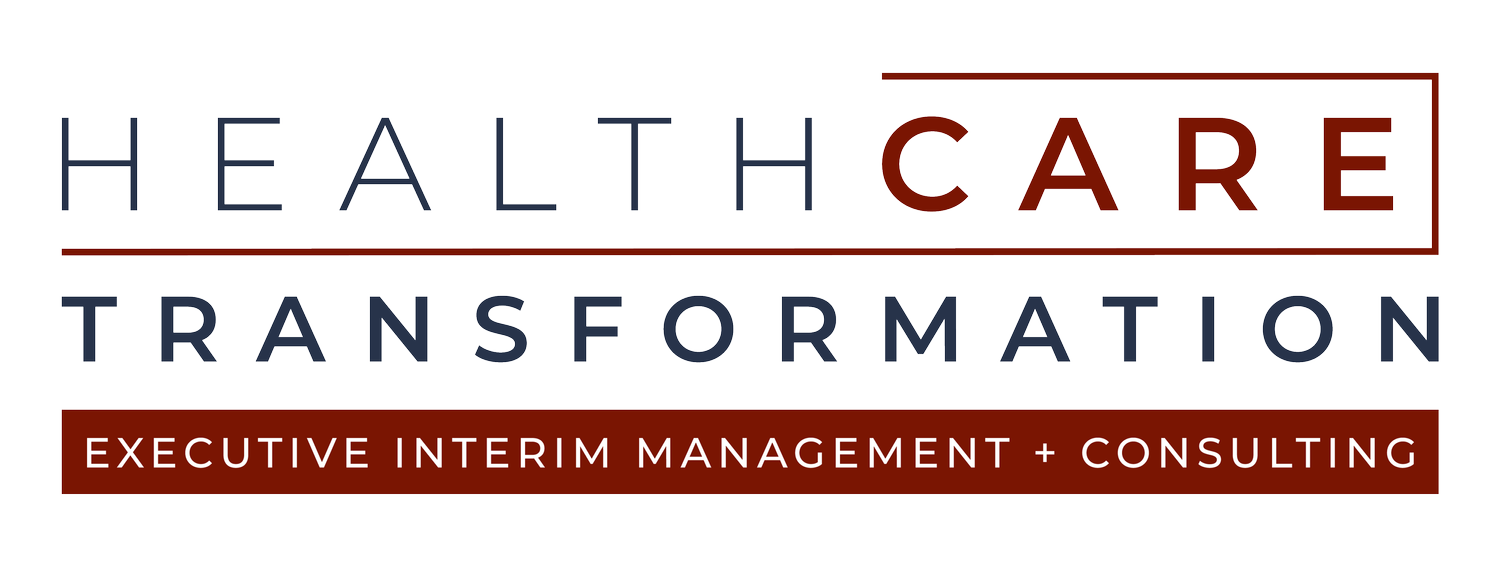Remember The Heroes In Healthcare
The truth is, healthcare workers are people.
There was a time, not long ago, when healthcare workers were considered heroes. In the early months of the pandemic, people cheered from windows and rooftops in support of medical practitioners and first responders. New York City is famous for a nightly salute to its health workers, and as recently as last summer threw a ticker-tape parade (subscription reqired) to honor those who put their lives on the line in the middle of an ongoing health crisis to serve their communities.
"A year ago, we're healthcare heroes and everybody's clapping for us," said Dr. Stu Coffman, a Dallas-based emergency room physician. "And now we're being in some areas harassed and disbelieved and ridiculed for what we're trying to do, which is just depressing and frustrating."
But as the pandemic wears on — with no end in sight — and nerves start to fray, attitudes toward healthcare workers seem to be changing. Instead of heroes, they're treated as villains — or pariahs. They're ridiculed, threatened, screamed at, spit on and assaulted for wearing masks, for not wearing masks, for getting vaccinated, for not getting vaccinated, for simply providing care, treating the sick, and more.
At HCT, my and my team's business is healthcare. Because HCT works with hospitals and healthcare systems to fill critical interim leadership roles, the team and I have deep connection and understanding of the challenges healthcare professionals face. I think it's long past time everyone takes a moment to remember who these people are.
They are family, friends and neighbors.
Frankly, they are like you. They're people you know, who live in your neighborhood, who shop at the same grocery stores. They're people you went to high school with. Some of them get married, some of them don't; some of them have kids and raise families, some of them don't. They have the same questions, concerns and fears about the coronavirus as most do. And like everyone else, they're doing the best they can to lead a life that's meaningful while also giving back to the community.
They are called to serve.
When people choose to go into healthcare, they tend not to do so for financial opportunities. They do so because they want to contribute and give back, and they are well-suited to caring for others. That makes them unique. Not everyone is comfortable helping those who are sick, who have a disability, who are undergoing physical or mental suffering. These workers give of themselves to support people they don't know, leading their profession to be known as one of the highest callings there is.
They are filling an important and — especially now — dangerous role for society.
When the pandemic first reached the U.S., millions of workers transitioned to a work-from-home model fairly easily. As discussed recently, many medical practitioners don't have that option. On the contrary, these workers are asked to show up in person to treat and comfort the sick, many of whom are angry, scared and carrying a deadly and highly contagious virus. Oftentimes health workers did all this despite inadequate protective gear and little time or space for self-care.
It's important to remember that healthcare is different from nearly every other type of work. Like law enforcement or the military, healthcare workers make personal sacrifices and take on risks every day going to work — all in service of others. The COVID-19 pandemic reminded everyone of those risks, something much of the public had forgotten or never truly appreciated. And, yes, there have been casualties — the CDC's COVID data tracker reports that more than 860,000 U.S. healthcare workers had contracted the virus, and 3,400 of them, and counting, have died from it. Healthcare workers put themselves at risk every day.
Most importantly, they are human beings.
The truth is, healthcare workers are people, just like you and me, with their own beliefs, experiences and opinions. The vaccine mandate is a very polarizing issue right now, and rightly so — it's an issue that asks each of us to balance the greater welfare of communities against closely held beliefs about personal liberty. It touches on intimate feelings about faith, science, freedom and responsibility to others, and everyone is going to respond to these questions differently.
But regardless of where any one person might stand on mandating versus not mandating, that position doesn't invalidate in the least the sacrifices healthcare workers make on behalf of others, and just how dependent everyone can be on their selflessness. These people didn't have the luxury of staying home during a scary time — they went to work every day to fight for something without knowing how the ending would look.
"I don't want to be a hero," says Mawata Kamara, a nurse at San Leandro Hospital in San Leandro, California. "I want to be a mom and a nurse. I want to be considered a person who chose a career that they love, and they deserve to go to work and do it in peace. And not feel like they're going to get harmed."
I believe the public perspective should be one of gratitude, not judgment. It's easy to demonize people when they have a stance that you don't share. But everyone has to remember the whole healthcare system is built on the backs of people committed to helping others as part of their life's mission, and I believe their selflessness is something everyone should be thankful for.
Previously published on Newsweek.


